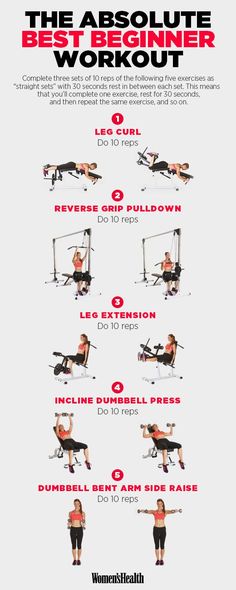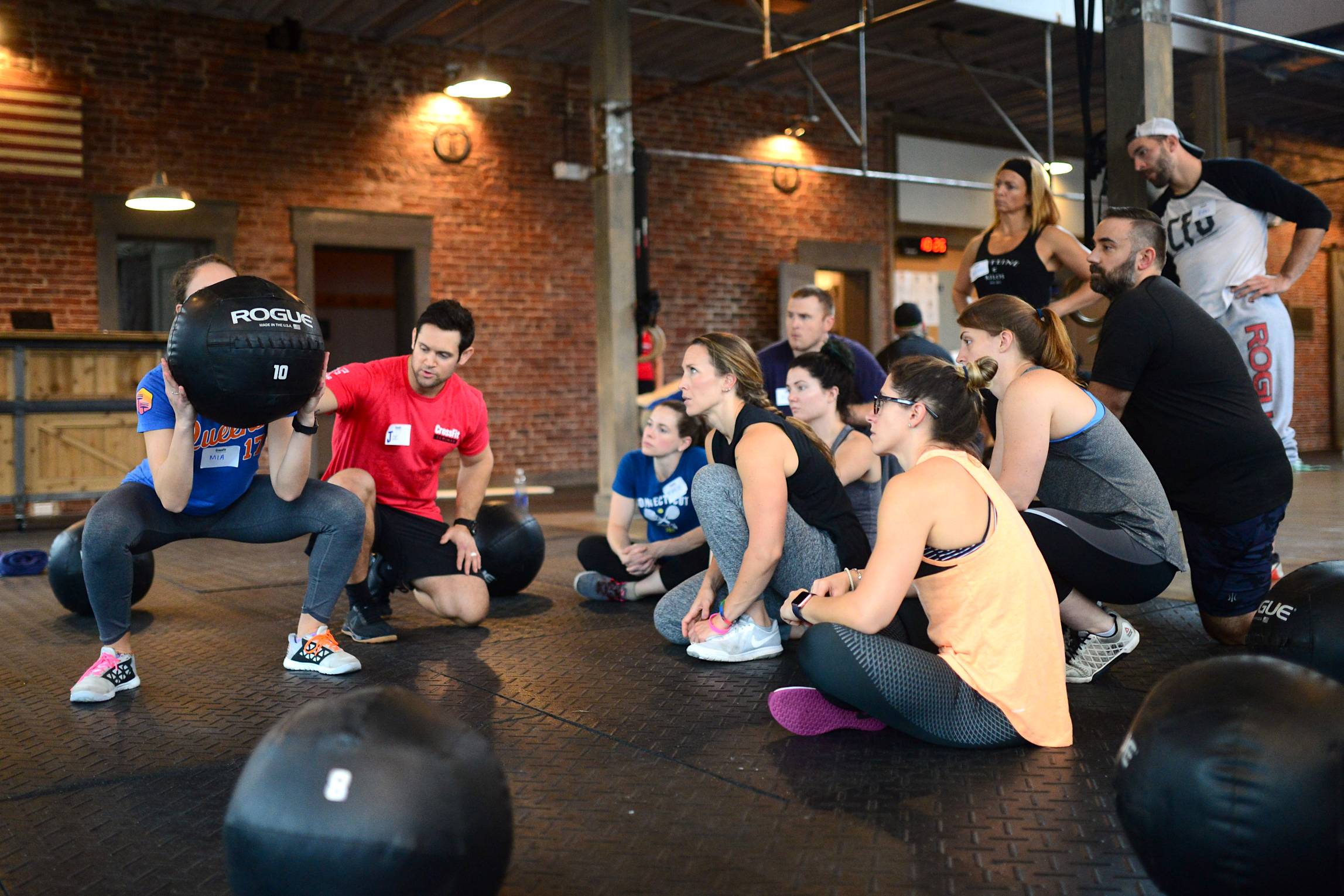
There are many programs available for prenatal fitness certification. Moms Gone Strong or Oh Baby! are two examples of such programs. Fitness, and NASM’s Prenatal & Postnatal Corrective Exercise Expert Course. Which one is right for you? Let's take a look at some of the most sought-after choices and what they offer.
PPCES
Getting certified as a prenatal corrective exercise specialist is a great way to advance your career as a fitness professional. This certification is focused on safety and health of moms and babies during pregnancy. The course was designed by medical professionals to ensure participants' safety during the most critical times of pregnancy. This course teaches basic knowledge about pregnancy and how the body changes during labor and birth. Fitness professionals can also learn how to provide safe and effective exercise to the fetus. This decreases the risk of complications, and allows for a more pleasant labor experience.
You can keep the certification valid for life. In addition, the course is regularly updated. For your certification to be maintained, you must pass all modules and the quizzes. After completing the modules you will need to schedule a final exam over a virtual call.
Mothers Go Strong
Prenatal Coaching Certification is comprised of five unit exams that each contain 30-40 questions. The exams can be completed at your own pace. You will also be given a workbook as well as case studies that will help you better understand the content. Although there are many similarities between them, there are also important differences.

Your training will cover the most common prenatal concerns and proper exercise intensity. You'll also learn about pregnancy-specific dangers. The training will address common misconceptions about exercise in pregnancy. You will learn about the benefits and dangers of exercising during pregnancy as well as how to modify exercises to fit any fitness level. There are many common conditions that can occur during pregnancy.
Oh Baby! Fitness
Oh Baby! The Oh Baby! Fitness program for prenatal certification is designed to help new mothers live a healthy life and stay in shape. This program also teaches instructors how to communicate effectively with clients and what perinatal exercise is. Since its launch, the program has certified over 50,000 women and is recognized as a leader in the perinatal fitness industry.
Oh Baby! The Oh Baby! Fitness program provides training in prenatal and postnatal fitness. It is available online and costs $185 for the complete training. Individual teaching videos start at $130. This training includes continuing education credits (CECs), for ACE, AFAA, NASM, and NASM.
NASM's Prenatal & Postnatal Corrective Exercise Specialist Course
The Fit For Birth Pre- + Postnatal Corrective Exercise Specialist course is a comprehensive education. It covers all aspects of pregnancy and exercise safety. This course includes traditional holistic techniques as well as modern techniques that can improve women's health throughout pregnancy and after birth. It helps to prepare the body for labor and delivery. This reduces the likelihood of complications and ensures a happy delivery.
In addition to the course curriculum, the Fit For Birth team will analyze each client's assessment results and develop a personalized prenatal exercise program. It will take into consideration their unique needs, preferences, as well as time constraints. The Fit For Birth team will conduct one-on-one sessions with each client, based on the plan they have chosen and their motivations. The course can be accessed online and includes PDF manuals.

Erica Ziel's Knocked-Up Fitness
Erica Ziel, a personal trainer and entrepreneur in the fitness industry, created Knocked Up Fitness to help women strengthen their core muscles during pregnancy. Women can have a more comfortable pregnancy, and safer deliveries by strengthening their core muscles. This program is a favorite online destination for pregnant ladies.
This program includes 10 mixed-and-matched workouts that strengthen core muscles and increase pelvic floor strength. While working out, clients can expect pain in their low back, hips and back. This program addresses problems in the round ligaments that can cause pain, burning or pulling.
FAQ
Is it possible that you can be too thin?
Yes! Both eating disorders and underweight are unhealthy. It's not normal to weigh less than what your height should be. You may also feel tired, weak, dizzy, and experience other symptoms that could indicate being underweight.
How does caffeine affect my sleep?
Caffeine affects how long it takes you to fall asleep and how soundly you sleep. Caffeine can cause drowsiness that makes falling asleep much easier. The downside is that caffeine keeps you awake longer making it harder for you to fall asleep again. You should not drink energy drinks or coffee right before bed.
What happens if there isn't enough sleep?
Lack of sleep means that your brain does not receive enough signals to regulate hormones. You may also gain weight and overeat. Sleep deprivation can also lead to excessive weight gain.
How many hours should I sleep each night?
The recommended amount of sleep varies depending on age, gender, and individual needs. Adults require 7 to 9 hours sleep per night. Children and teenagers need 10 to 12 hours of sleep per night. As they age, however, this number falls.
Do I need to eat before going to the gym?
No. You don't need to eat anything before working out. You might be hungry after a workout, so you may want to snack on fruit or yogurt.
What Are Resistance Training Exercises?
Resistance training includes using weights and other objects to perform specific movements. Lifting weights helps strengthen your arms, shoulders, chest and back, as well as your legs, hips, and core. Resistance training increases muscle mass, bone density, and overall strength.
Statistics
- In 2018, the World Health Assembly agreed on a global target to reduce physical inactivity by 15% by 2030 and align with the Sustainable Development Goals. (who.int)
- One study showed that adults who watch more than 4 hours of television daily had an 80% higher risk of death from cardiovascular disease. (heart.org)
- Globally, 81% of adolescents aged 11-17 years were insufficiently physically active in 2016. (who.int)
- Physical activity confers the following maternal and fetal health benefits: a decreased risk of pre-eclampsia, gestational hypertension, gestational diabetes (for example, 30% reduction in risk) (who.int)
External Links
How To
How To Stay Fit During Pregnancy
Your body changes drastically when you become pregnant. Your metabolism slows down, and you eat less because you're growing a baby inside you. Insufficient sleep can make you feel sick. There are many ways to keep your health in check while still enjoying this wonderful time of your life.
Before starting any exercise regimen, it's important to check with your doctor. You can have them tell you which exercises to avoid and which ones you can safely do. Also, ensure you eat well all through your pregnancy. This includes eating plenty of protein, fiber, and iron. Third, it is important to drink plenty. It's especially important to drink water when you're exercising since you lose a lot of fluid through sweat. Also, care for your feet. Your feet should be dry all the time and you should wear shoes that support your feet. You should eat breakfast if you are suffering from morning sickness. You might end up feeling nauseated.
-
Healthy eating is key. It is essential to eat a healthy diet throughout pregnancy.
-
Stay active. Daily exercise of at least 30 mins
-
Keep a healthy weight Reduce the amount of food you eat and eat snacks less often can help you lose weight.
-
Get Enough Sleep. Each night, aim to get at least 7-9 hours of rest.
-
Manage Stress. Learn relaxation techniques.
-
Avoid Alcohol. It can cause miscarriage as well as birth defects.
-
Be gentle with yourself. Do not try to push yourself too hard.
-
Take care of yourself. Have someone check in on you when needed.
-
Relax. Do the things that make your heart happy.